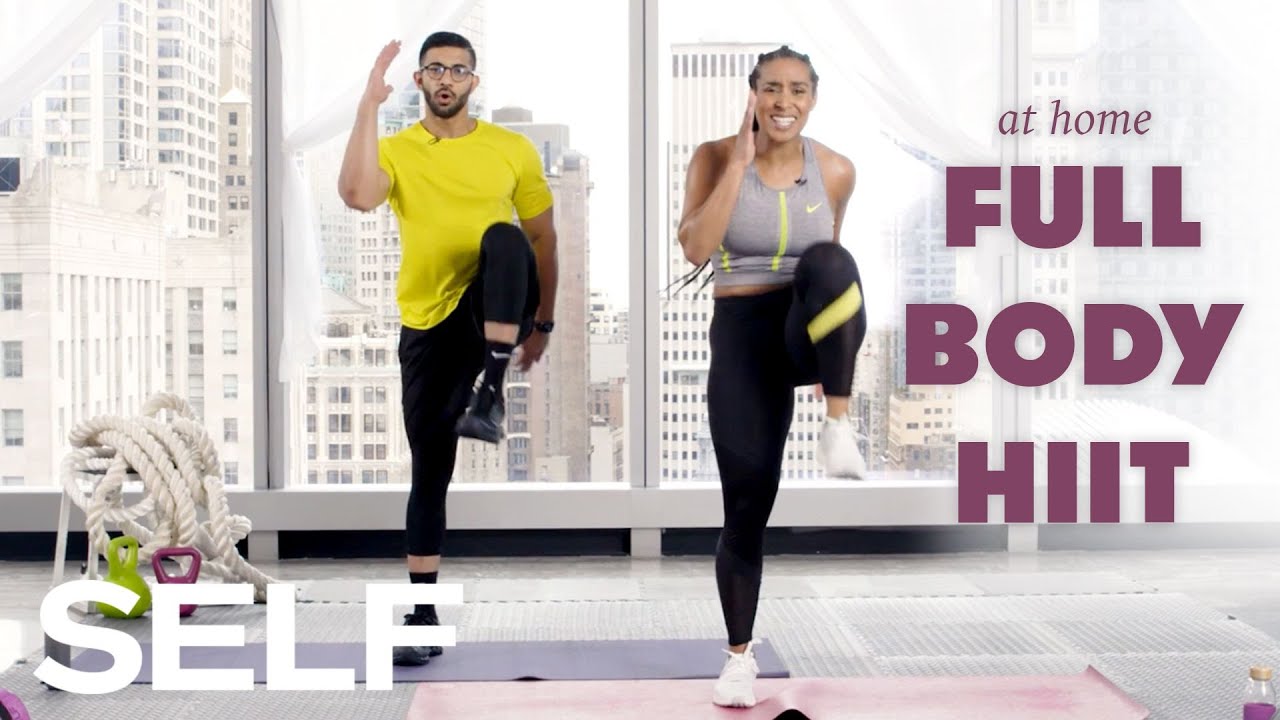
There are several benefits of training your upper, lower and core in one workout. This will allow you to double your progress and make you fitter and stronger. A full-body workout is especially helpful for beginners. These are some things to keep in mind when you do one.
Double progression is an excellent way to become stronger and fitter.
Double progression is much more efficient than aggressive progressive training. This allows you work out for up to twenty-four hours per week without hitting a plateau. This means you'll reach the same level you reached if you started with an eight-ten week progressive plan. But double progression isn’t for everyone. It is worth consulting a personal trainer before you make any changes.
The double progression method is also highly versatile, as it works well with a variety of rep ranges. Ideally, you should begin with exercises with a low range of reps and gradually increase your weight. Once you have enough muscle mass, you can move on to exercises with higher reps. You should aim to do between three- and six reps. But, you can increase the number of reps to increase muscle density.
Beginers should do a full workout.
A full body workout is a great way of building strength and toning your muscles. An entire-body routine should be performed two to three times a week for beginners. Beginners should start with moderate repetitions, sets, then work their way up to more intense and higher intensities. Training will not lead to major hypertrophy but will aid in neuromuscular development.

A full-body work out is a great option for beginners as it involves all major muscle group in one workout. While beginners don't necessarily need to have any special equipment in order to begin a full workout, they should be aware of safety precautions and correct form. It is possible to prevent soreness by doing a full-body exercise.
FAQ
What Are Resistance Training Exercises?
Resistance training is performed with weights and other objects. Lifting weights helps strengthen your arms, shoulders, chest and back, as well as your legs, hips, and core. Resistance training builds muscle mass, increases bone density, and promotes greater overall strength.
Is it possible that you can be too thin?
Yes! Eating disorders and being overweight are both dangerous. It is not normal to be less than your ideal weight. Also, you may feel dizzy, tired, or weak.
How does caffeine impact my sleep?
Caffeine affects how long it takes you to fall asleep and how soundly you sleep. Caffeine can cause drowsiness that makes falling asleep much easier. However, caffeine can keep you awake longer and make it more difficult to fall asleep. Try drinking energy drinks and coffee before bed.
What happens if my sleep is not enough?
Lack of sleep means that your brain does not receive enough signals to regulate hormones. You may also gain weight and overeat. Sleep deprivation can also lead to excessive weight gain.
Which is more important: Exercise, diet, or sleep?
It all depends on your goals. Weight loss is possible by following a healthy diet. Exercise is important for building muscle mass. Sleep is the last important factor, as it has little to do with how well your day goes.
What does nutrition do to your body?
Nutrition helps your body function properly by supplying all the nutrients needed for proper growth and development. It is important to eat a balanced diet, rich in fruits and veggies, lean proteins, whole grain, and healthy fats.
Statistics
- According to the Centers for Disease Control and Prevention, chronic diseases cause 7 out of 10 deaths in the U.S., and treating chronic diseases accounts for 86% of U.S. healthcare costs. (mana.md)
- Globally, 28% of adults aged 18 and over were not active enough in 2016 (men 23% and women 32%). (who.int)
- In 2018, the World Health Assembly agreed on a global target to reduce physical inactivity by 15% by 2030 and align with the Sustainable Development Goals. (who.int)
- One study showed that adults who watch more than 4 hours of television daily had an 80% higher risk of death from cardiovascular disease. (heart.org)
External Links
How To
How to Lose Belly Fats More Fast
When we are trying to lose weight, belly fat is often seen as a problem. When you stop and think about it, Belly Fat can actually be a blessing. It is the fat in your stomach that protects your organs. Let's learn how to quickly burn belly fat.
The two main factors that make us store body fat are stress and lack of exercise. Stress makes us feel hungry constantly because it stimulates the production of the cortisol hormone. Cortisol is responsible for an increase in insulin levels. The excess calories are stored as fat by insulin. A lack of sleep leads to adrenaline being released into the system which causes an increased appetite. These extra calories can also be reduced by exercise
There are many options to reduce belly weight. You can choose to try any of these options, depending on your budget. Here are some quick tips to get rid of belly weight.
-
Try to eat less food. Instead of eating three large meals a day, eat smaller meals. This way, you'll consume fewer calories overall.
-
Make sure you drink plenty of water. Water flushes out toxins, and keeps your body hydrated. Also, drinking water before every meal will keep you feeling full longer so you won't overeat.
-
Avoid unhealthy snacks. If you're looking for quick fixes, snack foods like chips, cookies, candies, etc. Although tempting, they can be very unhealthy. These fattening treats are best avoided as they have too many empty calories and sugar. Instead, opt for healthy alternatives such as fruits, vegetables and whole grains.
-
At least three times per semaine, do strength training. Strength training builds muscle mass and burns more calories when you're not working out. Strength training strengthens bones, muscles and ligaments. It can also improve the heart, lungs, joints, and other body systems.
-
Walking or stretching is a good habit to do regularly. Stretching improves flexibility and mobility which can reduce back pain. Walking is great for burning calories.
-
Reduce alcohol intake. Alcohol adds empty calories to your diet and has no nutritional value whatsoever.
-
Slowly lose weight. To lose weight, the first step is to determine what your current weight. Add 5%-10% of your total bodyweight to calculate your ideal size. Once you have determined your ideal weight, you can start to reduce your calorie intake by 500-1000 calories per day until you reach it.
-
Avoid processed food. These foods are high in salt, sugar, preservatives, and other harmful ingredients. Although they are convenient, processed foods don't have enough nutrients to sustain your health.
-
Don't skip breakfast! Breakfast is good for your concentration, memory, and energy. Breakfast should include protein (like eggs), fiber (like oats), and complex carbohydrates (like oatmeal).
-
Have regular bowel movements. Constipation and irregularity cause bloating and gas. You can prevent this by drinking lots of water and increasing your fiber intake.